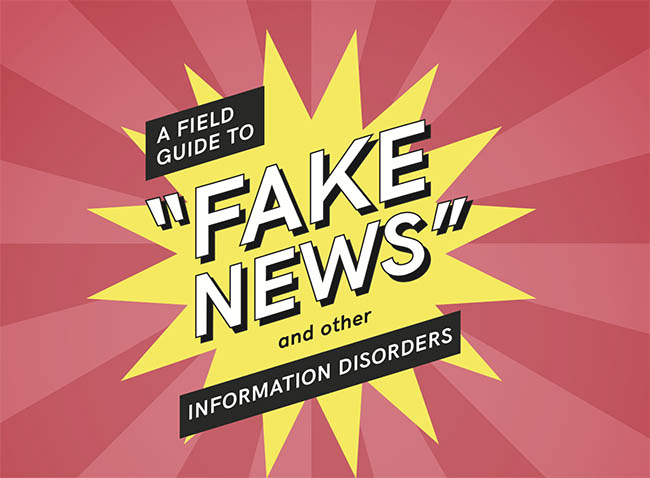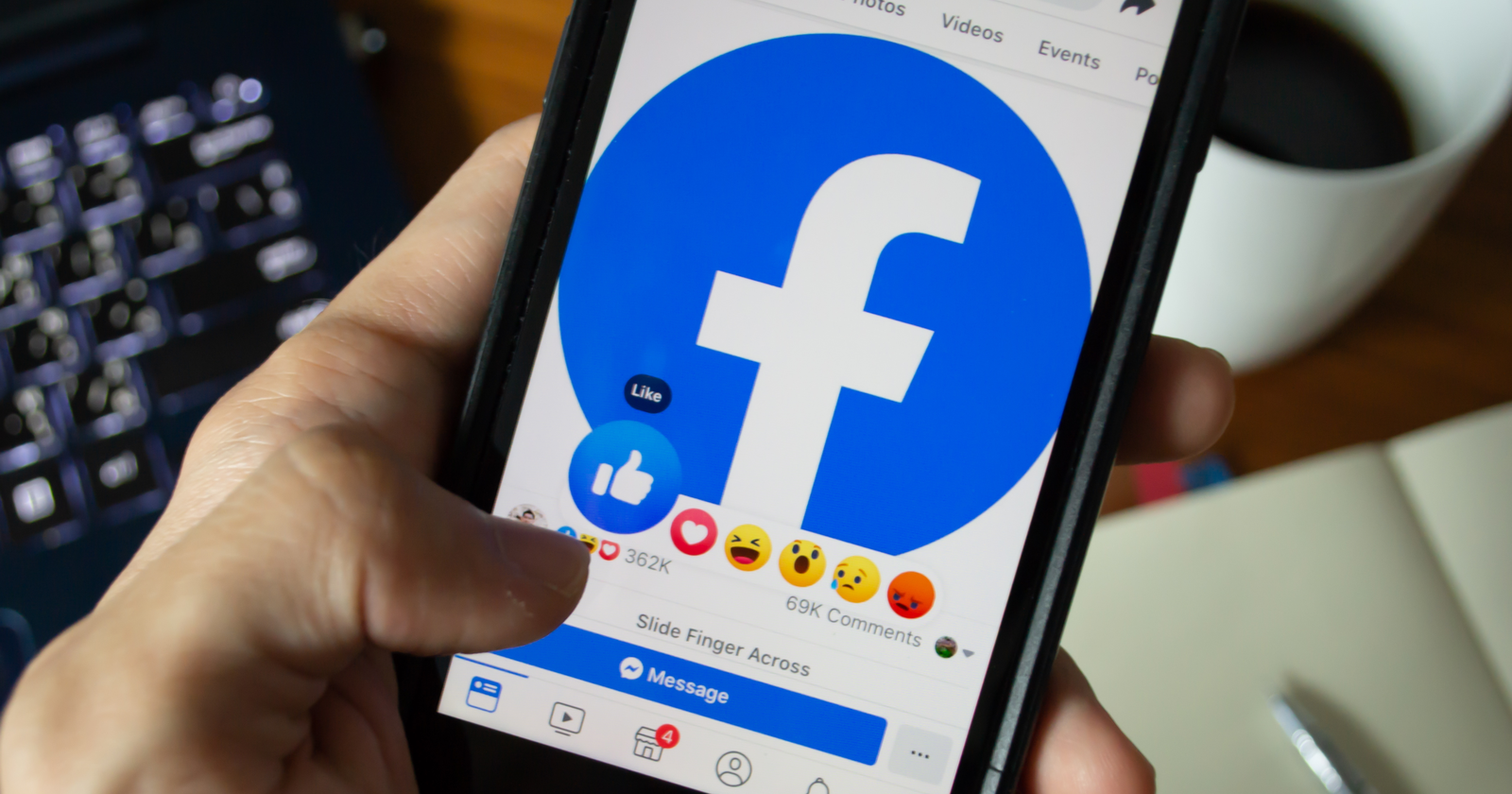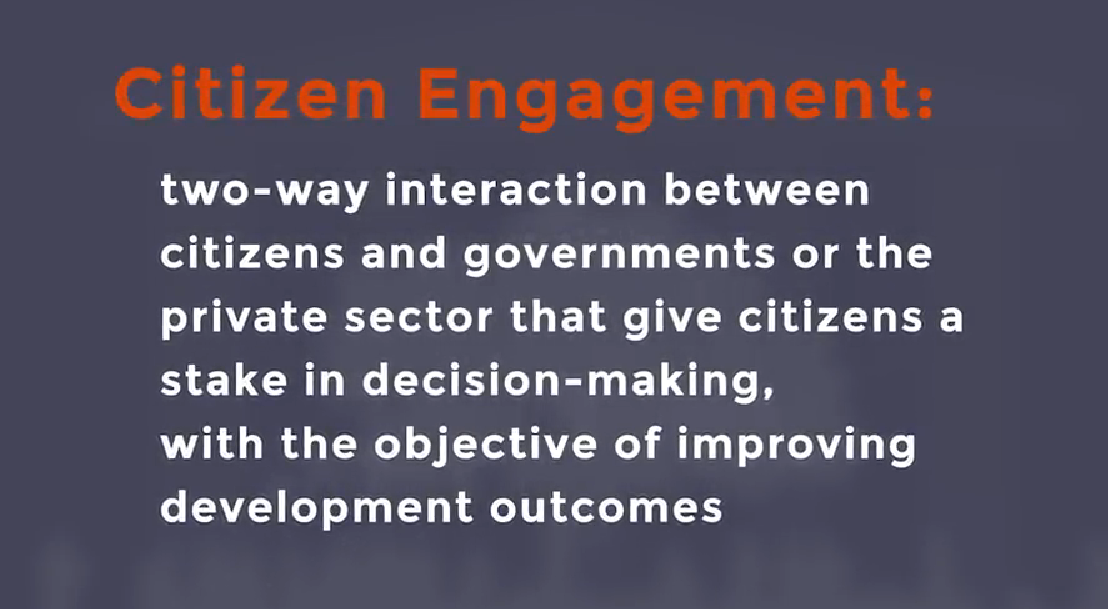Non-political spaces can also spread disinformation – study
A NON-POLITICAL Facebook page allows me breathing space from all the online negative vibes. Before I wrote about technology and politics, I shared recipes on my Facebook page which now has close to a million followers. As a non-political page, I avoid posting about current events because it could be misconstrued as political hype. Recently, I broke my rule by sharing the lugaw recipe of Vice President Maria Leonor “Leni” Gerona Robredo. I believed my audience would look beyond the person behind the video. After all, people love exchanging cooking tips. But after a few minutes, many spiteful comments appeared from non-followers and supporters of Ferdinand “Bongbong” Romualdez Marcos Jr. It looked like coordinated inauthentic behavior was behind the attacks on the keyword “Leni Robredo.” You wonder about Facebook’s commitment to authenticity, that they “don’t allow people to misrepresent themselves on Facebook, use fake accounts, artificially boost the popularity of [the] content, or engage in behaviors designed to enable other violations under our community standards.”
At a #FactsFirstPH briefing, a study on “Cloaked Politics: The political involvement of non-political Facebook pages in the 2022 Presidential Elections,” was presented. Conducted by associate professor Jon Benedik A. Bunquin, Julienne M. Urrea and Myrnelle A. Cinco of the University of the Philippines Diliman Communication Research Department, its findings as published by Rappler, showed that non-political pages are not only posting election-related updates and political news. Results also showed amplifying content from partisan sources and cascading posts about political candidates. Some posts were engaged in disinformation and the spread of disguised propaganda.
As defined by the study, non-political pages are pages that were created for reasons unrelated to politics and elections. In terms of the number of posts, the top non-political page categories were entertainment pages labeled such as “activity_general,” “community_services,” or “topic_just_for_fun.” Political news from professional media comprised the top group of information being propagated by these groups at 47.73 percent, followed by election issues and events at 14.58 percent, information about political candidates at 26.15 percent, and election policies and updates at 11.55 percent. Over two million pages analyzed in the study garnered an average of 238,154 average followers, and a peak of 16,914,920. Interactions attained an average of 2,025 and a peak of 903,717.
How are they used for disinformation?
Bunquin identified shared timetables of coordinated link sharing and posting, a proven indicator of unnatural behavior compared to unique pages moderated by different administrators. Coordinated link sharing was detected using the same or few links, being shared multiple times by many pages, within a short time period of less than one minute. Such coordinated posting contains simultaneous uploaded posts down to the seconds-level. They distribute the same content at the same time. Disguised propaganda is apparent in their seemingly non-political page names and page description. An example of this is, “We provide inspirational and motivational quotes every day, in order to give a high moral support to our followers and uplift their spirits.” Partisan usernames are being used as well.
The recommendations for media, platforms, civil society and voters are:
1. Anonymity with accountability
Platforms must reconsider how to hold anonymous users accountable for any abusive action online, without removing the affordance of anonymity that enables others to engage in dialogue.
2. Investigating disinformation outside of the traditional information sources
Fact-checkers, media and researchers of disinformation should also monitor spaces that appear neutral or not political, especially since these pages could reach audiences that are not primarily interested in politics or engage in political conversations.
3. Discernment and criticality of our personal information environment
Digital literacy and voter education programs could be enhanced by highlighting how seemingly non-political spaces could also be used to spread disinformation.
Behind some of the non-political spaces, identities are hidden in order to engage and take advantage of unsuspecting audiences who may have initially liked these pages for reasons totally unrelated to politics. Voters must be more vigilant on spaces online.
First published at Sunday Business & IT, April 17, 2022



